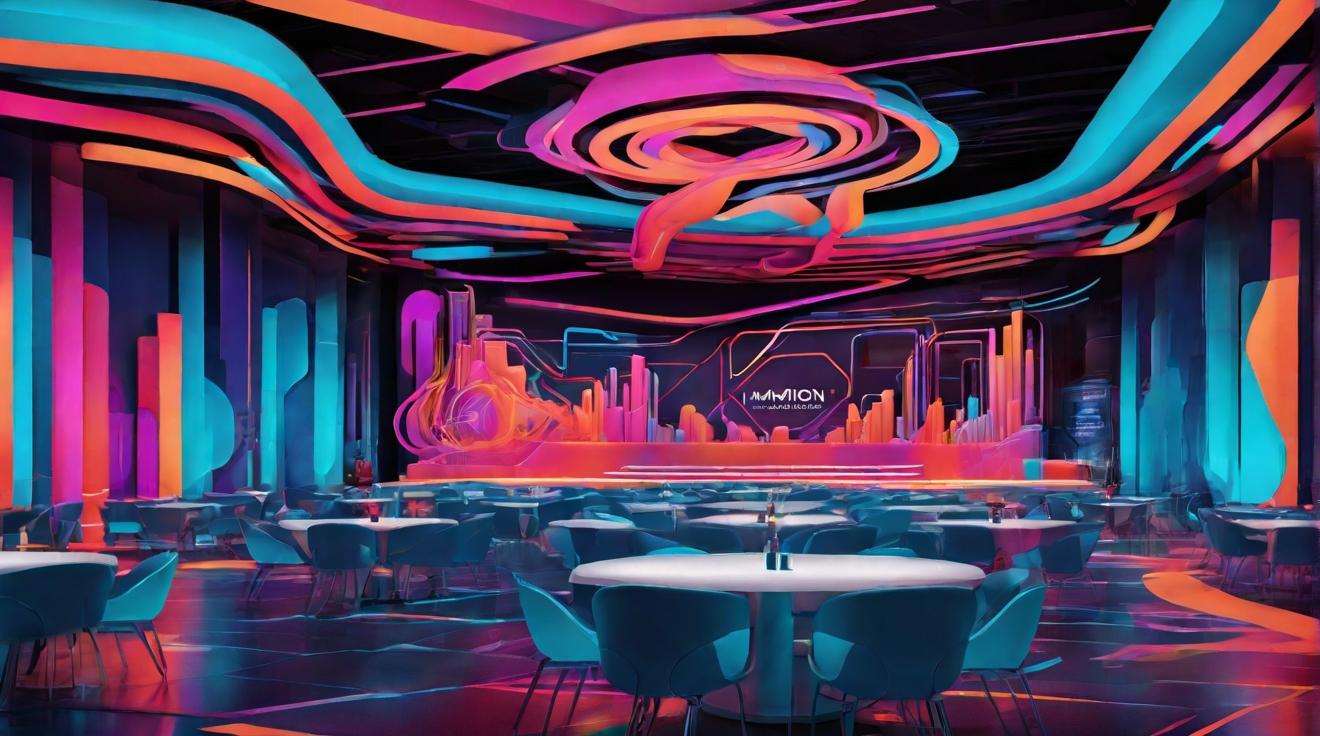The Influence of HPC on the Gaming Industry
High performance computing (HPC) has had a profound impact on the gaming industry, revolutionizing the development of gaming hardware and enhancing the overall gaming experience. The demand for more computational power in fields like video editing, 3D rendering, and gaming has prompted the convergence of HPC principles and gaming hardware. This merging has led to the development of more powerful and accessible hardware, resulting in cutting-edge graphics, complex game worlds, and immersive gameplay.
The Evolution of High Performance Computing
High performance computing (HPC) has come a long way since its early days, where it was exclusively used by large research institutions and government agencies due to its cost and complexity. The advent of more advanced technology has allowed the principles of HPC to trickle down to consumer-oriented applications. Harvard’s Kempner Institute, for example, is home to one of the world’s largest computing clusters. As technology advances, consumer demands for more computational power have continued to rise, leading to the development of more powerful and accessible hardware.
The Convergence of Gaming Hardware and HPC
Gaming hardware has always pushed the boundaries of what is possible with consumer technology. Real-time graphics rendering, physics calculations, and AI in video games require significant computational power. As a result, gaming hardware has evolved to include components that are remarkably similar to those found in HPC systems. One of the most significant overlaps is the use of Graphics Processing Units (GPUs). Originally designed to accelerate 3D graphics rendering, GPUs have become incredibly powerful and efficient at parallel processing, making them ideal for both gaming and HPC tasks.
The Impact of HPC on Gaming Graphics and Complexity
The convergence of HPC and gaming hardware has led to significant advancements in gaming graphics and complexity. The use of HPC components in gaming hardware has made it possible to achieve a level of graphical fidelity that was once thought impossible. Modern games now feature photorealistic environments that are hard to distinguish from real ones, as well as advanced characters driven by artificial intelligence. With more computational power, game developers can create more complex and immersive worlds, incorporating advanced AI, realistic physics, and dynamic environments.
The Future of HPC and Gaming: Advancements and Possibilities
The future of both HPC and gaming holds great promise, with continued advancements in processing power, memory, storage, and networking. As HPC technologies become more accessible, they fuel innovation in the gaming industry, leading to better hardware and more immersive gaming experiences. The demands of gaming continue to push the boundaries of what consumer hardware can achieve, often resulting in innovations that benefit HPC in return. This symbiotic relationship will continue to drive progress and inspire awe in the capabilities of modern computing.
Conclusion
The convergence of high performance computing and gaming hardware has revolutionized the gaming industry, pushing the boundaries of what is possible with consumer technology. HPC has influenced the development of gaming hardware, leading to advancements in graphics, game complexity, and immersive experiences. As technology continues to advance, the future of both HPC and gaming looks bright, promising further advancements and possibilities for both fields. The symbiotic relationship between HPC and gaming will continue to drive progress and inspire awe, ushering in a new era of gaming experiences.
Analyst comment
Positive news.
As an analyst, the market for gaming hardware is expected to see further advancements and growth. The convergence of high-performance computing (HPC) and gaming hardware has led to advancements in graphics, game complexity, and immersive experiences. With continued advancements in processing power, memory, storage, and networking, the future of both HPC and gaming holds great promise, leading to better hardware and more immersive gaming experiences. This symbiotic relationship between HPC and gaming will continue to drive progress and inspire awe, ushering in a new era of gaming experiences.













